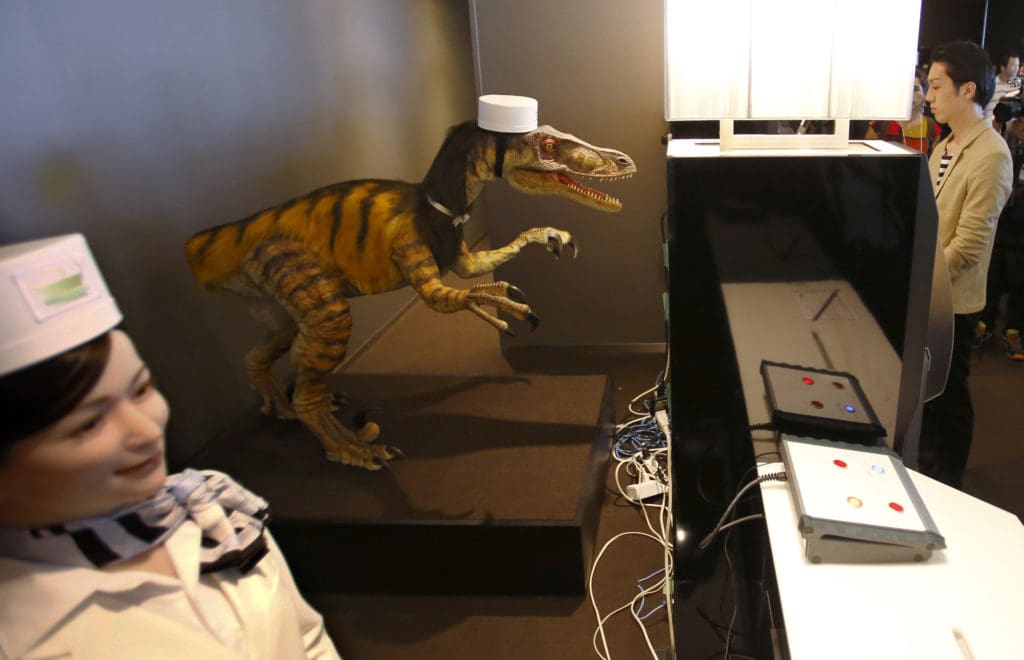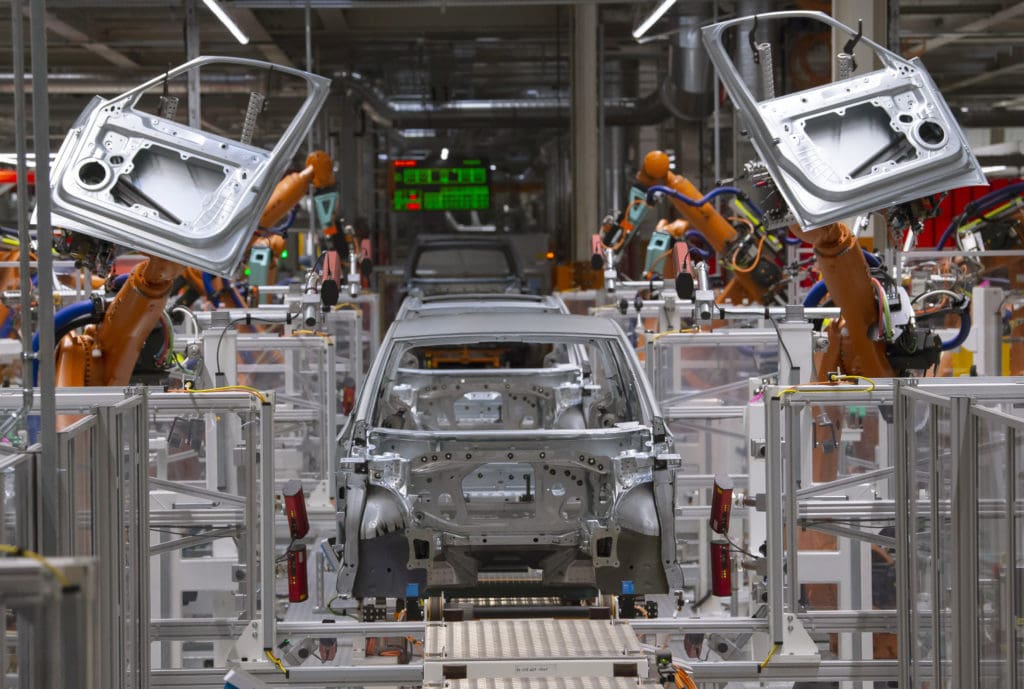The liberal, pro-business Free Democratic Party (FDP) is claiming that half a million immigrants need to come to Germany each year for the country’s pension system to remain viable in the future.
Amid an increasingly contentious debate over the country’s pension system that has taken place ahead of Germany’s federal election this weekend, Free Democratic Party MP Christian Dürr is arguing that the government must “fundamentally rethink its migration policy” while an increasing amount of Germans edge closer to retirement age, NTV reports.
“If we manage to make Germany an open, modern immigration country and at the same time stabilize pensions, we as a society will gain more than we can imagine today,” Dürr claimed, while also criticizing the CDU/CSU and the SPD for having placed financing of pension system on the back burner.
“Even today, the state has to subsidize pension insurance with large sums, said Dürr. “We cannot afford that in the long run. If we want to stabilize our public finances and reduce the level of debt, our country needs at least 500,000 immigrants a year.”
Is Dürr right?
Dürr’s promotion of the “immigration Ponzi pension scheme” is a common policy theme throughout the West, while according to the International Monetary Fund, Japan offers an alternative, with the country restricting immigration and instead investing in productivity-enhancing technology such as AI and robots to make up for a shortfall in labor. In fact, if a number of technological advancements proceed on pace, such as driverless trucks and cars along with automated warehouses and factories, there may in fact be a large swath of the German and European population suddenly jobless and competing with a large pool of immigrants for a dwindling number of jobs.

The agricultural revolution saw increasingly fewer workers are needed for essential tasks such as food production. For example, in 1900, 50 percent of the U.S. population lived on farms or rural areas and an incredible amount of the labor force was dedicated to food production. Today, less than 1 percent of Americans work on farms. A similar transformation is expected in a range of industries in the coming future, but this time around, the benefits of the tech revolution may go to the very few.

The belief that more migrants will also come and save Western economies and bail out their pension systems may also be flat-out wrong, as Remix News previously reported:
[The] idea that 400,000 migrants can head to Germany every year and save the economy may be overly simplistic and is most certainly not taking all potential factors into consideration. For example, the German government’s own statistics show that a majority of migrants already in the country are not entering the job market. Those that do are often in part-time jobs, many of which migrants only hold for short periods of time.
The idea that they will also make up for the shortfall in pension budgets may also be misleading. The German government is spending billions to integrate the migrants already in the country. In 2018, the German government spent a record €23 billion on migrants, including rent subsidies, jobless payments, language lessons, and other benefits. That figure does not account for what individual states spent either, with Hamburg’s government releasing data showing it spent €5.35 billion on asylum seekers between 2015 and the end of 2019.
This isn’t the first time the Free Democratic Party (FDP) has called for such a drastic increase in annual net migration into Germany. In 2019, Dürr, the deputy leader of the FDP parliamentary group in the Bundestag at the time, wrote an op-ed for the Die Welt where he argued that Germany’s pension system was on the brink of collapse and that the state needed to take in half a million immigrants annually to rectify the situation.
“Since that is of course not possible, the pension subsidy will inevitably explode,” he wrote. “In order to keep the budget at the status quo and to secure our prosperity, we need at least 500,000 people a year who immigrate into the labor market.”
The FDP’s renewed call for Germany to take in more migrants comes after Detlef Scheele, the head of the Federal Employment Agency, argued that the country “needs” to take in some 400,000 immigrants per year to fill alleged gaps in the labor market and to “stay competitive”.
Scheel’s remarks were lambasted by Alternative for Germany MP Rene Springer, who said that he was “making himself a mouthpiece for companies that want to push down wages [of German workers] further with the help of immigration.”
At the moment, mass migration over the years has resulted in either immigrants or first or second-generation descendants of immigrants composing over 25 percent of Germany’s population. If Germany continues to have a net immigration of 200,000 to 400,000 per year through the next decade, which is expected, nearly half (40 percent) of the people living in the country will have migrant backgrounds by the year 2030.
In 2017, Frankfurt became the first city where native Germans were a minority compared to those who have migrant backgrounds, official data from the city’s Office of Statistics and Elections revealed.






